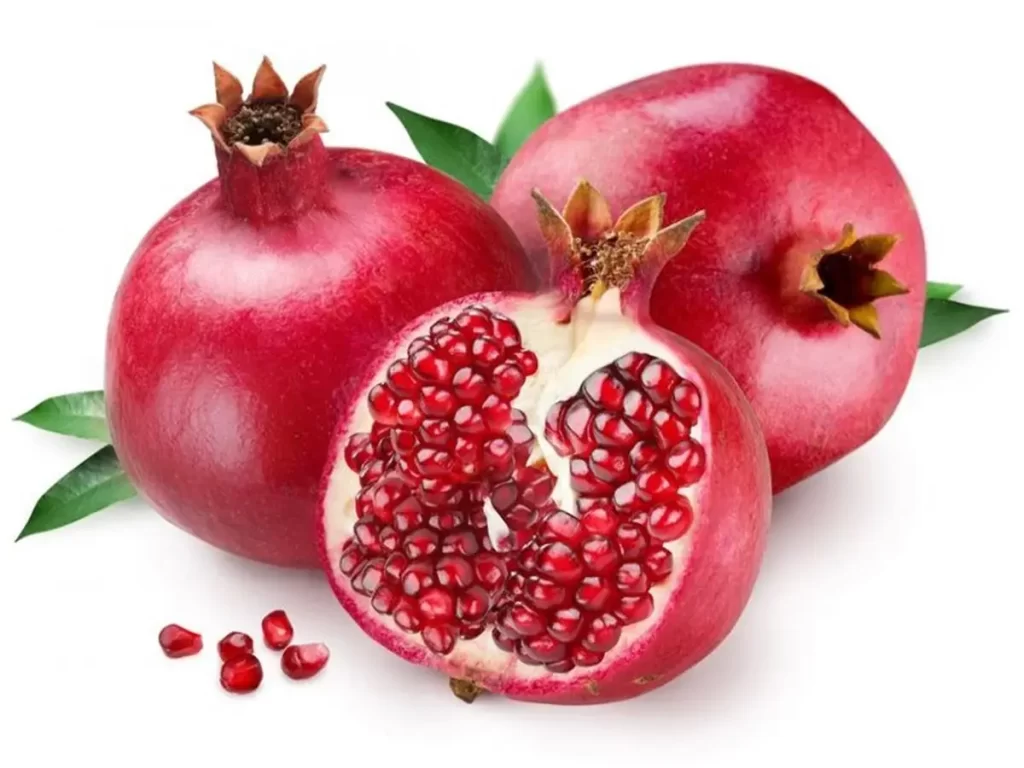1. Ancient Symbolism: Pomegranates have a rich history and symbolism across various cultures. In Greek mythology, the pomegranate is associated with fertility and the seasons due to the story of Persephone and her time in the underworld. It also holds significance in Jewish tradition as a symbol of righteousness and abundance.
2. Hundreds of Seeds: Pomegranates are often known for their juicy and sweet seeds, called arils. Each pomegranate can contain hundreds of these arils, which are the edible part of the fruit. They are not only delicious but also packed with antioxidants and vitamins.
3. Medicinal Uses: Pomegranates have been used for their potential health benefits for centuries. In traditional medicine, various parts of the pomegranate, including the fruit, peel, and seeds, have been used to treat conditions like digestive issues, inflammation, and even cardiovascular problems. Modern research continues to explore their potential health-promoting properties.
4. Natural Dye: Pomegranate peels and juice have been used as natural dyes for textiles and fabrics. The rich reddish color from the peel can create beautiful and lasting pigments that were historically used in art and clothing.
5. Diverse Culinary Uses: Beyond being enjoyed fresh, pomegranates have found their way into various culinary creations. In Middle Eastern and Mediterranean cuisines, pomegranate molasses is a popular ingredient used to add a sweet-tart flavor to dishes. Pomegranate seeds are also used as a garnish in both sweet and savory dishes, adding a burst of color and flavor.
These lesser-known facts highlight the cultural, historical, and culinary significance of pomegranates, making them even more intriguing and captivating.

